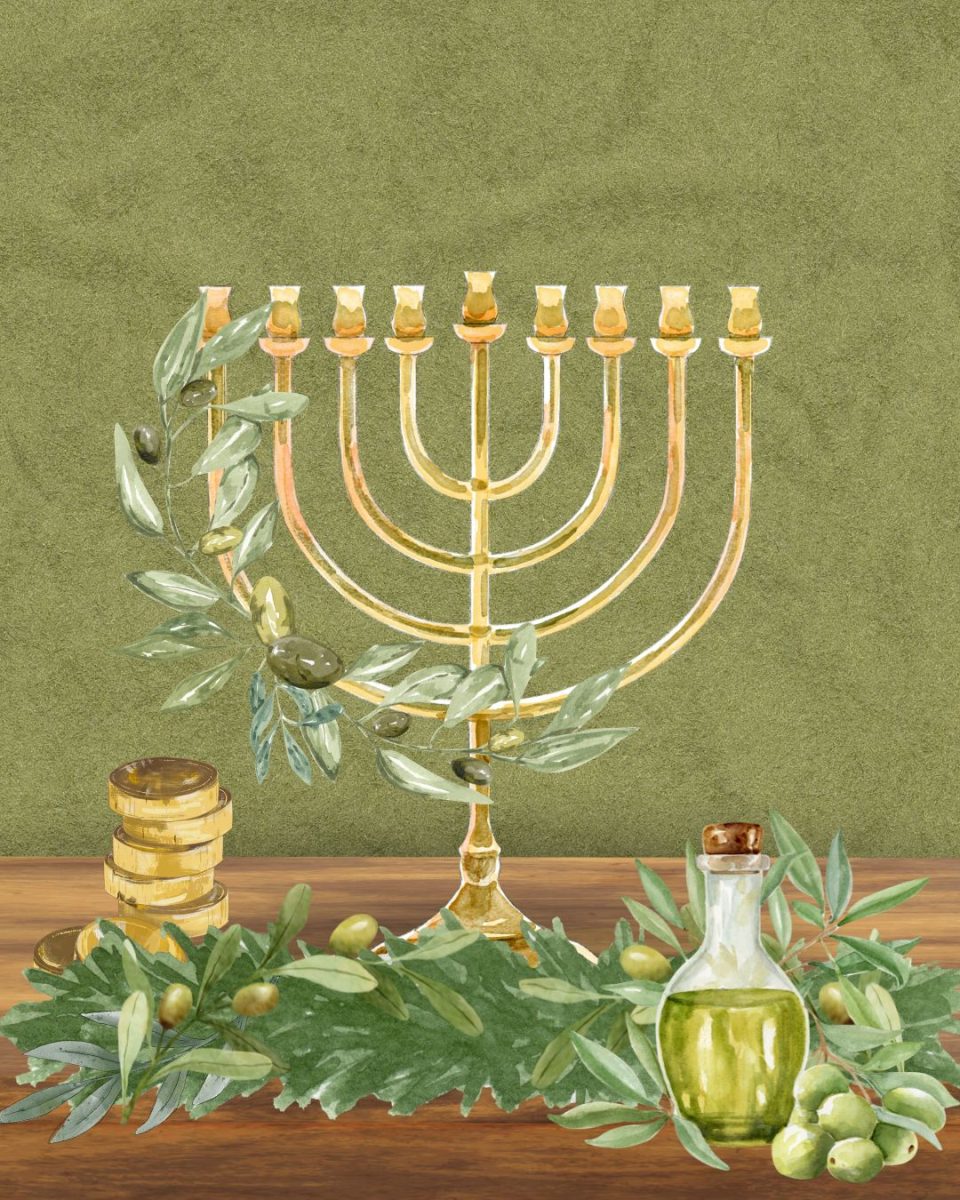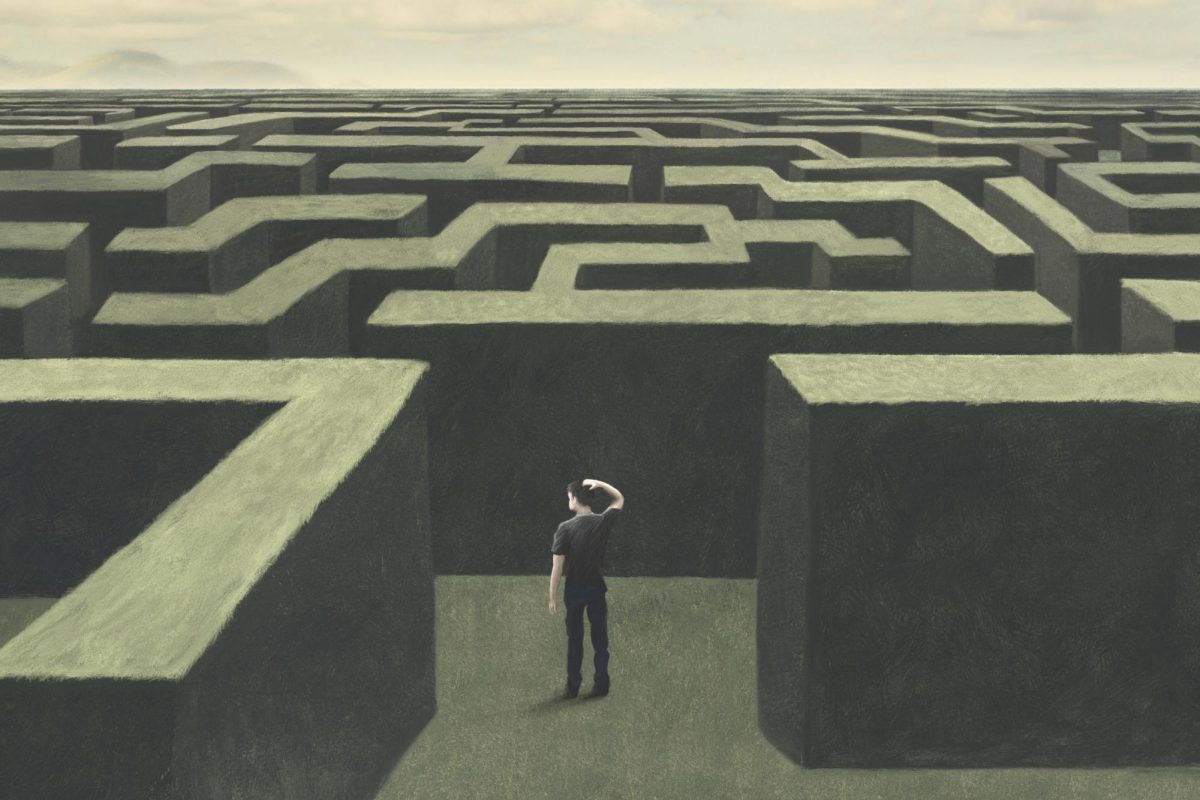
In recent times, the Central American community has faced a negative spotlight on an international scale. Central America is receiving more than just the United States government’s attention, but its citizens as well, on a scale that has not been seen since the 1980s during the region’s various revolutions and civil wars. Despite the seemingly-new controversial discussions surrounding it, Central America is not new to negative attention.
During the Reagan administration, Central America was shown as America’s next fight to stop the spread of communism. American media painted the isthmus as a fragile region whose fragmented government systems are in danger of being overrun by communist rebels. The United States’ military support of the armies of Guatemala and El Salvador and its training of the Contras at the School of the Americas in Georgia was seen as a noble effort, helping locals protect their honest ways of life and prevent the total collapse of society while defending “America’s backyard” from a “Soviet invasion.”
While the United States government was set on protecting its overseas interests, it failed to realize the long-term effects of their actions, which would forever leave its mark on the people of Central America. United States interference in the Northern Triangle (Guatemala, El Salvador and Honduras) led to an international diaspora that continues today, with millions having been — and still being — displaced from their homelands to escape violence, poverty and political turmoil.
A majority of these refugees arrived in the United States, with Los Angeles being one of the most popular destinations for new arrivals. Now, Central American enclaves can be found throughout the city. MacArthur Park is known unofficially as “Little Central America,” and Pico Union is home to the El Salvador Community Corridor. In the San Fernando Valley, neighborhoods such as Pacoima, Van Nuys, North Hollywood and Canoga Park are home to thriving Central American communities.
Despite their growing presence, Central Americans today are still struggling to find and nurture their identities in a Mexican-dominated, Latinx society where they are just starting to gain visibility. The trauma experienced by war and migration leaves many of those of the diaspora hesitant to tell their stories. Cultural and social disconnect between the diaspora’s two affected generations — those who fled and those whose parents fled and were born in their new homes — further drives this hesitation, and first-generation Americans are often left on their own to discover their roots and their place in the complex Central American story.
But what does it mean to be Central American?
Does it mean to praise our home countries with blind respect? Does it mean to criticize our home countries, their leadership and this country that supplied the wars? Is it to acknowledge indigeneity and reject colonizer culture? Support revolutionaries or the military? Migrate north for work and send remesas, or remission payments, to family back home? Wake up every morning to a breakfast of huevos volteados, casamiento and queso fresco? Is it to speak Spanish with the accent of the campesinx, or to be fluent in a Mayan dialect? Is it keeping a small sculpture of Tikal’s temples in the living room and hanging a Mayan calendar in the bedroom? Is being Central American leaving your past behind and assimilating to your new home and new identity?
I don’t know.
What I do know is that my mother was a student and my father was a soldier. I know that my mother heard the death squad’s trucks drive through her hometown every night and prayed alongside my grandmother that my uncle wouldn’t be taken by the military. I know that my father once ran out of his barracks in just his underwear, fleeing an ambush by the FMLN, and was one of just three of his platoon’s survivors. I know that my mother’s brother had to change debate topics at school to avoid attracting the government’s attention. I know that by my age, my father had left his country with bullet fragments big enough to still be seen in his hand today, lived in Mexico for a short period of time and migrated to Los Angeles alongside his sisters. I know that my mother was in college, studying to become an accountant. I know that my father is American, but on occasion Salvadoran. I know that my mother cut her hair short soon after arriving because she was worried about looking like a chola. I know that before my father learned English he never wore a watch because he wouldn’t be able to tell someone the time. I know that my parents met during a bible study at my aunt’s house, which my father had never planned on attending. I know that my mother’s Tap Card is her key to the city, and if she calls my father can navigate to wherever she is without a map. I know that my parents speak in Spanish and my youngest brother replies in English.
I know that I played Call of Duty with headphones on growing up because I didn’t want to trigger my father’s PTSD. I know that when I played Hielo Ardiente out loud for the first time, my father’s face lit up as he began to tell me about his teenage years. I know that I was one of a handful of Central Americans in my middle and high schools and was usually labeled “Mexican.” I know El Carrusel in Van Nuys has some of the best Pupusas in the Valley, but my favorite spot is Mis Raices in Reseda. I know that my speech is peppered with Chicano slang and coated with a Central American accent. I know I can rap alongside Gang Starr and Ice Cube and dance to Hermanos Flores like nobody’s watching.
I know the Colón and Quetzal bills in my wallet are more valuable than my debit card. I know that every month I send money to my uncle in Guatemala from the same place my mother has been sending from since my childhood. I know I am not Salvadoran, not Guatemalan, but Central American. I know I am not fully Criollo nor fully indigenous. I know that I am a product of a diaspora and the results of U.S. imperialism. I know that my documentation and education is a privilege and my voice speaks for many. I know that the Central America I visited two years ago is not my parents’ Central America. I know that my community is struggling not to keep surviving but to start thriving. I know that el agua no se vende, se cuida y se defiende and el pueblo unido jamás sera vencido.
Central America’s history is a long, painful and beautiful one. It is the modern-day genocide of an indigenous population and their national government recognition. It is the story of neighbors, siblings and loved ones taking arms against each other and the establishment of a transnational community. It is a struggle for indigenous, afro-Latinx, workers, and women’s rights and the international effort to stop it. It is working-class revolution and government oppression. It is two generations separated by war and geography and their attempts to define themselves. Being Central American is being ni de aqui ni de alla. It is having one foot in each room and figuring out your next step. It is not knowing how to explain it when you haven’t even figured it out for yourself.
Article written by Michael Meneses, co-President of Central American United Students Association and Vice President of Dreams To Be Heard.





